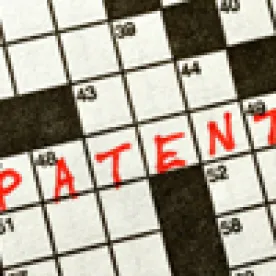DDR Holdings, LLC v. Hotels.com, L.P., Appeal No. 2013-1505 (Fed. Cir. Dec. 5, 2014)
For those following the law of patent eligibility in the United States, a December 5, 2014 precedential decision by the Court of Appeals for the Federal Circuit held that a patent on webpage-display technology is patent eligible under 35 U.S.C. § 101. A slew of recent court decisions have gone the other way, leaving arguably similar patents invalid.
The patent claimed methods and systems for creating a composite webpage to display a vendor’s webpage embedded within a host’s website in a way that maintains the illusion that the Internet user is viewing content native to the host’s website. In fact, however, the host’s website is merely duplicating content from the vendor’s webpage—e.g., framing the vendor’s product picture in the host website’s colors, etc.
The majority, Judges Wallach and Chen, reasoned that the claims are patent eligible because “they do not merely recite the performance of some business practice known from the pre-Internet world along with the requirement to perform it on the Internet. Instead, the claimed solution is necessarily rooted in computer technology in order to overcome a problem specifically arising in the realm of computer networks.”
The majority distinguished the brick-and-mortar analog to the patented invention—in-store kiosks—as “not hav[ing] to account for the ephemeral nature of an Internet ‘location’ or the near-instantaneous transport between these locations made possible by standard Internet communication protocols, which introduces a problem that does not arise in the ‘brick and mortar’ context.”
The majority distinguished Ultramercial—a recent highly publicized case where a patented method of streaming media over the Internet was found ineligible for patenting—by noting that unlike in that case, the claims here “specify how interactions with the Internet are manipulated to yield the desired result—a result that overrides the routine and conventional sequence of events ordinarily triggered by the click of a hyperlink.”
While this case confirms that patent eligibility is still a tightrope to walk for those developing software and Internet technologies, it also confirms that obtaining patent protection remains a viable option in certain circumstances.



 />i
/>i
